Infertility is a complex and multifaceted issue that affects many individuals and couples worldwide. Although it can be a challenging journey, understanding its aspects, including causes, treatments, and support available, can empower those experiencing it to navigate their path more effectively.
Understanding Infertility
Infertility is defined as not being able to get pregnant after one year or more of unprotected sex. For women over the age of 35, this time frame is shortened to six months. Infertility is not just a woman’s issue; both men and women can experience factors that affect their ability to conceive.
Common Causes of Infertility
In Women:
– **Ovulatory disorders** affect the release of eggs from the ovaries. These include conditions like Polycystic Ovary Syndrome (PCOS), premature ovarian failure, and issues with the thyroid.
– **Uterine or cervical abnormalities**, including polyps, fibroids, or the shape of the uterus, can interfere with the implantation of the fertilized egg.
– **Fallopian tube damage or blockage**, often caused by pelvic inflammatory disease, can prevent sperm from reaching the egg or block the passage of the fertilized egg into the uterus.
In Men:
– **Abnormal sperm production or function** can be due to various genetic defects, health problems like diabetes, or infections such as chlamydia.
– **Problems with the delivery of sperm** are caused by sexual issues, such as premature ejaculation; structural problems, like a blockage in the testicle; or damage or injury to the reproductive organs.
– **Overexposure to certain environmental factors**, like pesticides and other chemicals, and radiation or heat, can reduce sperm function and production.
Treatment Options
Treatments for infertility depend on the cause, how long you’ve been infertile, your age, and your partner’s age, and personal preferences. Some treatment options include:
– **Medication**: To improve fertility by stimulating ovulation in women or treating issues such as erectile dysfunction in men.
– **Surgery**: To repair blockages or other physical problems within the reproductive system.
– **Assisted Reproductive Technology (ART)**: Techniques like in vitro fertilization (IVF) involve removing eggs from a woman’s body, fertilizing them with sperm in a lab, and then re-implanting them into the uterus.
Support and Coping
Infertility can be an emotionally taxing journey, fraught with feelings of inadequacy, frustration, and grief. It is essential for individuals and couples to seek support through counseling, support groups, or connecting with others going through similar experiences. Education about infertility can empower those affected to make informed decisions about their treatment and coping strategies.
Moving Forward
Although infertility can be a difficult road, advancements in medical technology and support structures offer hope and assistance. It’s important to remember that infertility is a medical condition, not a personal failure, and many resources and people are ready to help.
By approaching infertility with knowledge, support, and compassion, individuals and couples can navigate this challenging aspect of their lives with strength and resilience.
Infertility is not a result of a medication shortage. It is a byproduct of the body no longer interacting appropriately with its environment. Although some things can be avoided in our environment this would be the equivalent of putting a bandaid over a sliver, the problem might be covered but it is still there. Symptoms tell us when something is out of balance in our bodies so we can work to fix it. Contact us today to try nomoSIK for your Infertility issues.
It is important to note that the NOMOSIK therapy has not been evaluated by the FDA and is not intended to diagnose, treat, prevent or cure any disease. It specifically tests and treats for neuro-physiological imbalances in the body. Please see reviews of the amazing recoveries patients have noted with their illness and allergies following treatment of these imbalances. These treatments do not constitute the practice of medicine and are intended solely for the purpose of addressing muskulo-skelital conditions through alternative therapeutic means.

